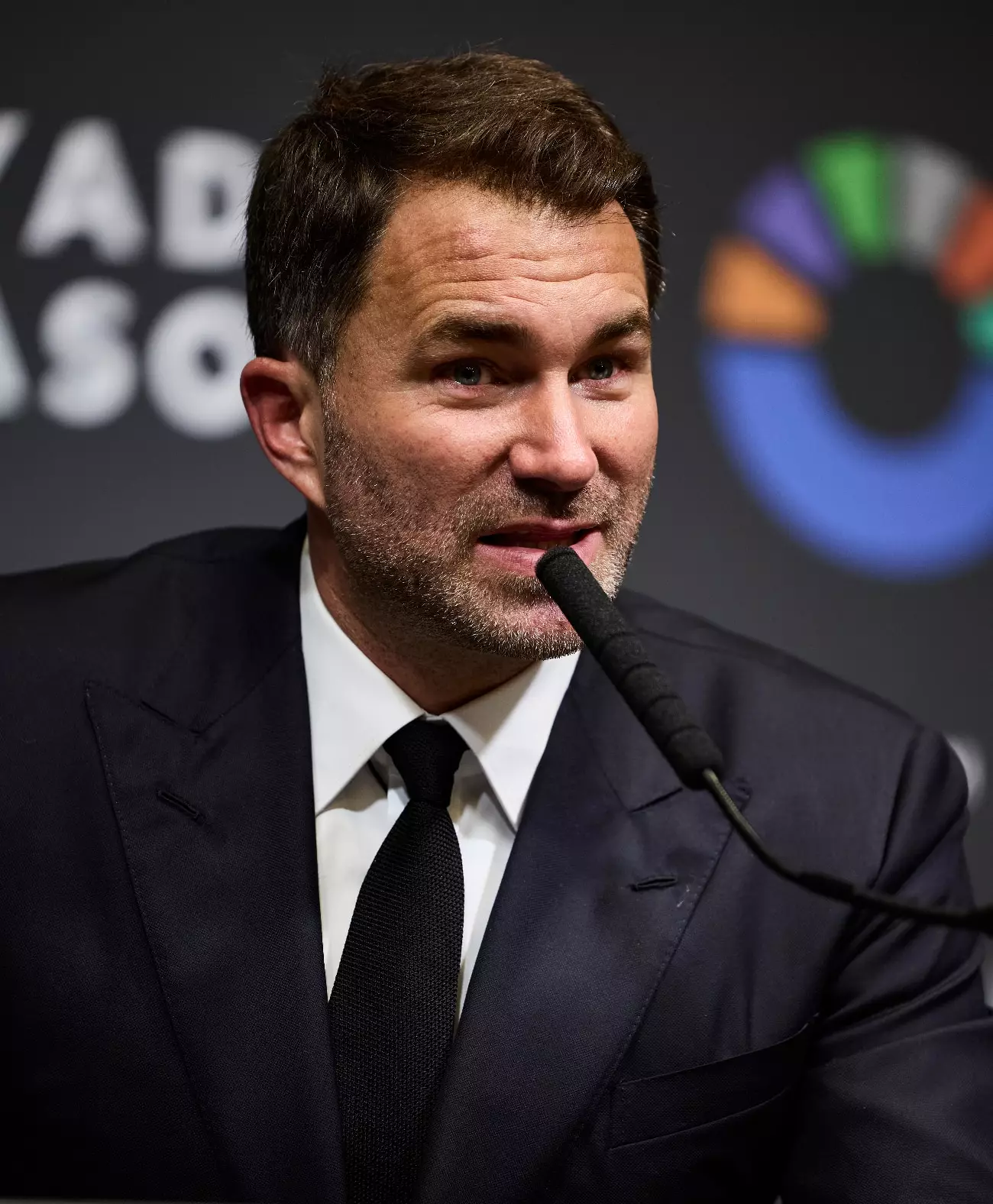The world of professional boxing is frequently characterized by its quick transitions from glory to despair, and Anthony Joshua’s recent trajectory exemplifies this volatile nature. Following a devastating knockout loss to Daniel Dubois, the consensus among critics and some of Joshua’s fans leaned heavily toward the narrative that he should consider retiring. However, amidst this swirling doubt, Eddie Hearn’s statements reveal an athlete determined to rebound. Instead of succumbing to pressure, Joshua appears resolute in his desire to continue competing.
The pivotal question now is not whether Joshua will fight again, but who he will face next. Hearn has offered a glimpse into the strategic considerations at play. Potential matchups, including a rematch with Dubois or high-profile clashes against Deontay Wilder or Tyson Fury, loom large in the discussion. Each option presents its own sets of risks and rewards. If Joshua were to square off against Fury, it would pose a tantalizing opportunity to reclaim status as a heavyweight champion, while a rematch with Dubois comes with the anxiety of a previous loss. The essence of boxing strategy revolves around both opportunity and risk—a fine balance that Joshua must navigate.
Deontay Wilder’s potential re-entry into the ring adds another layer of complexity to Joshua’s comeback plans. Although Wilder’s career trajectory remains uncertain, aligning with his history as a formidable puncher brings both intrigue and danger. A fight against Wilder could serve as a dual redemption arc; for both fighters, a victory could silence critics and revive careers. Hearn’s acknowledgment that both fighters are coming off defeats indicates not only the challenging circumstances surrounding any potential matchup but also the elevated stakes involved. The reality is stark: victory is not just desirable but essential for both boxers to restore their legacies.
While the technical aspects of boxing are undoubtedly significant, the psychological battle is equally, if not more, critical for a comeback athlete. Joshua’s willingness to express excitement about a return hints at a mindset that remains engaged with the sport despite recent setbacks. However, the ghosts of previous defeats could haunt Joshua. The pressure to perform after a loss can lead to hesitancy inside the ring or poor decision-making, both of which can be disastrous against elite opponents like Dubois or Fury. In the sport of boxing, where a single mistake can lead to catastrophic consequences, Joshua needs to find mental fortitude alongside his physical training.
Although the uncertainties surrounding Joshua’s next fight may loom large, one thing is clear: his return is inevitable. Even amidst speculation and skepticism, the boxing community is compelled to acknowledge the spirit of a fighter unwilling to concede defeat. Ultimately, whether through a rematch with an old rival or a new contender on the horizon, Joshua’s comeback narrative will be defined not only by the opponents he chooses but by his ability to transcend prior mistakes and reclaim his status in the boxing world. The journey back to the pinnacle of heavyweight boxing will undoubtedly be fraught with challenges, but for Joshua, it remains one worth pursuing.

